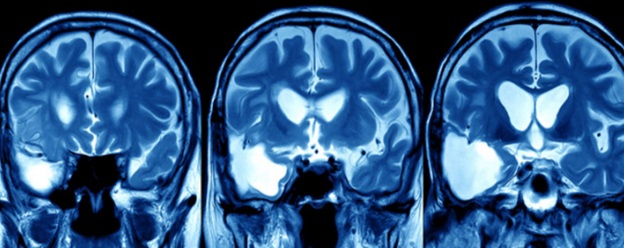Approximately 2.8 million children and adults suffer a traumatic brain injury in the U.S. every year. While most TBIs are mild (concussions), it’s estimated that roughly 280,000 of these injuries require hospitalization, and many cause serious lasting neurological damage.
Traditional medical treatment for TBI includes behavioral therapy, brain stimulation, and hyperbaric oxygen, but these therapies aren’t always effective. Recent studies show that stem cell therapy may offer hope for condition management in TBI recovery.
Understanding Traumatic Brain Injury
A TBI can occur when a sudden trauma damages the brain. Falls, vehicle accidents, sports injuries, combat injuries, and violent acts are the most common causes of TBI.
When the skull is suddenly hit by another object, such as the hard ground, or is pierced by a sharp object, the brain may suffer damage. Depending on the severity of the impact, symptoms can be mild to fatal.
Some of the most common symptoms of a TBI include:
- Concentration problems
- Anxiety
- Dizziness
- Problems with balance
- Changes in sleeping patterns
- Fatigue
- Nausea
- Headache
- Vision problems
- Feeling highly emotional
- Depression
Some people don’t even realize or are unwilling to admit that they have ongoing problems after incurring a TBI until the symptoms become debilitating. The dangerous signs of a TBI include:
- A severe, ongoing headache
- Weakness or numbness in the limbs
- Loss of coordination
- Convulsions
- Seizure
- Repeated vomiting
- Slurred speech
- Unusual behavior
- One pupil being larger than the other
- Confusion
- Loss of consciousness
If you or someone you know is experiencing these symptoms, seek immediate medical help.
Stem Cell Therapy for Traumatic Brain Injury
Mesenchymal stem cells (MSC) play an important role in tissue regeneration. Mesenchymal cells have the unique ability to duplicate a number of other types of cells found in the human body, including the neurons and astrocytes needed to repair damaged brain tissue.
A recent study on rats that were given TBI found that the group that received MSC treatment showed a significant improvement in brain function compared to the control group. Results were seen in the first 3 to 28 days.
Another study focused on neural stem cells — cells that originate in the central nervous system — suggests that transplanting neural stem cells could potentially be an effective long-term treatment for TBI recovery.
Is there Hope in Regenerative Medicine?
Regenerative medicine is still considered an experimental treatment. However, advancements in research provide a growing body of evidence that stem cell therapy could hold the key to the potential benefits for those with traumatic brain injury and several other neurodegenerative disorders.
This post was written by a medical professional at Stemedix Inc. At Stemedix we provide access to Regenerative Medicine for TBI, also known as stem cells for traumatic brain injury. Regenerative medicine has the natural potential to help improve symptoms sometimes lost from the progression of many conditions.


